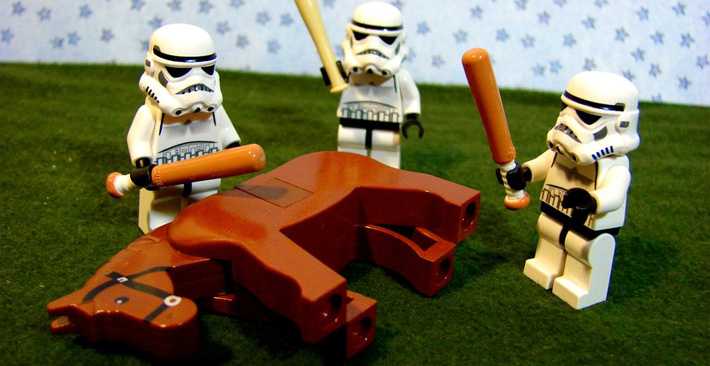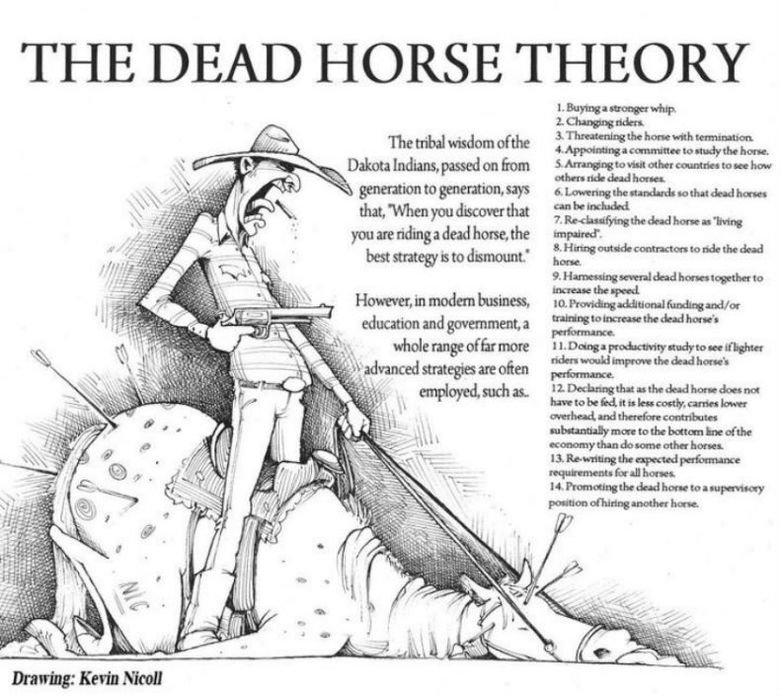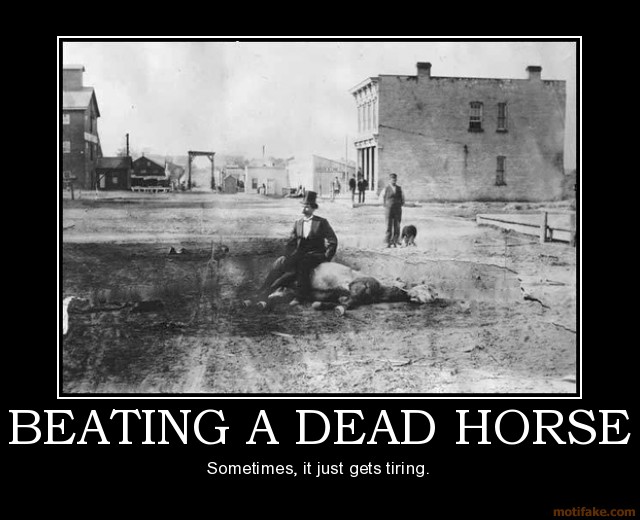Actually, I have grown accustomed to design and manufacturing defects in many products. For example, consumer electronics approach failure rates of 10%. One brand of DVD players broke the record, I believe, with failure rates as high as 45% in certain models.
Anything that uses circuit boards depends upon capacitors, for example. Manufacturers save money by buying the cheapest non-branded caps they can find. These are bought in bulk and are rarely tested before they are installed. Even good capacitors have a limited life expectancy -- generally about 30 years max. They fail from age as well as use. On the other hand, the cheapest of the cheap components have a much higher failure rate and a much shorter life expectancy.
Perhaps some of you are aware of the story of a former employee of a Japanese electronics firm who stole what he thought was a good capacitor recipe from his company. He went to China and started up his own company and made capacitors from this recipe. It turned out it was a bad recipe, and many boards that used these capacitors failed within six months.
As far as new Williams are concerned, I have bought from the big dealers. Williams trains are very simple, with fewer parts than other brands. Their lack of complexity is what makes it less likely that they will have complex or expensive repair issues. On the other hand, I have found sloppy assembly in many of them -- granted, sometimes very small issues -- especially the newer WBB; but pre-WBB also had assembly issues. I have found that, with the cost of shipping and the WBB basic repair charge (even under warranty), I do better replacing boards and fixing small things myself. But I know that the inexpensive diesel set I buy may very likely cost me an extra $30 to $40 in repairs. If the OP sends in his ten wheeler, he will find that the repair is not free, given shipping and basic charge.
I still believe that Williams is a great product. I just wish that management would pay more attention to quality control. I really hate to examine and disassemble each Williams to look for broken insulation, loose screws, dry gearboxes, and the like. The alternative is to go ahead and run the thing, wonder why it runs badly, and then find the motor mount screw is loose or lying on the track (not good for the gears). I don't buy the other brands, because I used to be an old PW and Marx fan (no more), and I got used to fixing things myself. In that sense, Williams is kind of the new PW and/or Marx. On the other hand, Marx and PW Lionel quality control were impressive.
I really do not think that shipping is the real villain. I believe that substandard parts, poor subassembly, and inconsistent final assembly have more to do with product defects. One good thing about Williams is that the paint job is almost always flawless. On the other hand, when one of the other manufacturers delivers a product with a logo on only one side or an unfinished paint job or missing trim parts, I don't believe that shipping caused this. And I think that even the most perfunctory QC inspection would reveal defects such as these. Over time, perhaps people have become conditioned to accept lower expectations with regard to quality control and inspection.
I don't think this discussion is a dead horse, especially since this is the first time I have commented on it. All experience is anecdotal, and all discussion necessarily combines much that is old with some perspectives that are new. I do think, however, that more thought and ink should be spent on ways to request that manufacturers be more accountable with regard to both quality control and parts availability -- should quality control fail. And I believe that this vigilance by consumers should include not just trains, but any product that was meant to last. I think this would be in accord with the spirit and principles of men like Joshua Lionel Cowen, Louis Marx, and A.C. Gilbert. They were not planning obsolescence.
Originally Posted by Landsteiner:
It's interesting that you've had so many defects with Williams, since others say these are bullet-proof, idiot-proof and reliable as the sun rising in the east  . It shows that individual experiences are highly variable. Some have 7 out of 7 defects and I have hundreds of purchases with 3 or 4 defects. That's why I'm reluctant to believe that lax or absent quality control explains the overall experience. It's always disappointing to receive a less than perfect product. But one has to expect some of that in life. How much is an individual judgement.
. It shows that individual experiences are highly variable. Some have 7 out of 7 defects and I have hundreds of purchases with 3 or 4 defects. That's why I'm reluctant to believe that lax or absent quality control explains the overall experience. It's always disappointing to receive a less than perfect product. But one has to expect some of that in life. How much is an individual judgement.
![]() .
.







